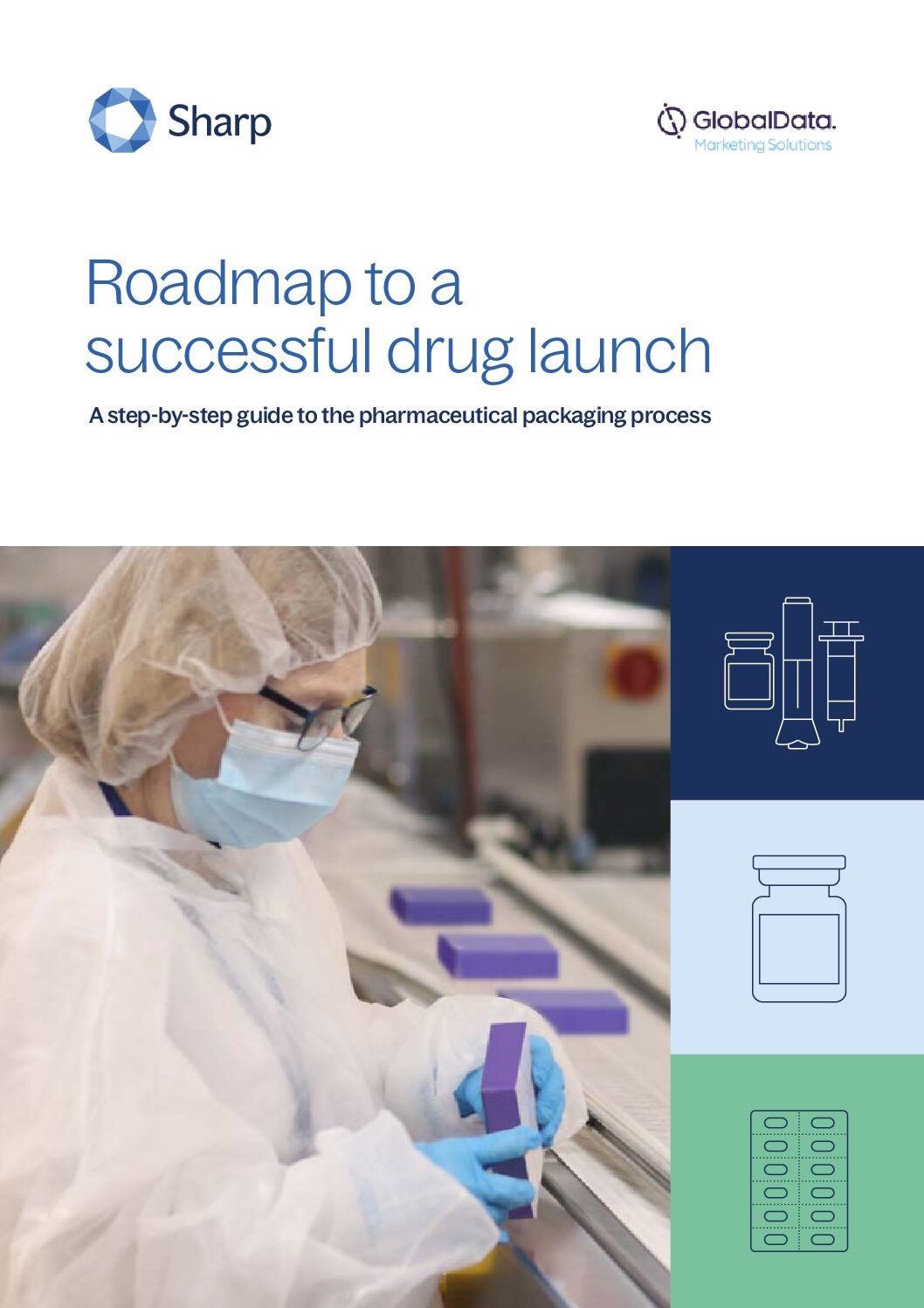In recent times, trial sponsors have increasingly turned to running clinical trials abroad to benefit from an increase in patient pools coupled with cheaper operating costs. However, with that approach comes the potential pitfalls of securing comparator drugs and ensuring the data is universally accepted by the FDA and the EMA.
In this Industry Viewpoint, Elizabeth Williams talks to Jeffrey Hausfeld, who’s the Chief Medical Officer of BioFactura, Inc. Here, Hausfeld provides insight into how to effectively outsource your clinical trials and how these partnerships are evolving to stay at the forefront of the clinical trial world.

US Tariffs are shifting - will you react or anticipate?
Don’t let policy changes catch you off guard. Stay proactive with real-time data and expert analysis.
By GlobalDataElizabeth Williams: Where do you start to look to conduct a clinical trial abroad?
Jeffrey Hausfeld: The first step is to initially understand who the vendors are that you’re talking to. You don’t have first-hand knowledge of their operations because they are overseas. I have just completed vetting of a dozen contract research organizations (CROs) in Australia because I plan to do phase I clinical trials in the country.
EW: What are the main benefits of conducting clinical trials abroad?
JH: One of the main reasons to look abroad and especially in Australia is that the Australian government offer a significant tax credit for phase I clinical trials which is favorable for investors, so this has become a ‘cottage industry.’ Another benefit is unlike countries like China or India, the demographics are quite similar for patients in Australia and the U.S. The data which is generated from these trials is universally accepted by the FDA and the EMA. This is another critical decision factor when outsourcing to a different country – namely, ensuring the data is reliable and will be accepted by the regulatory authorities you plan to submit to.
EW: What extra considerations do you need to be aware of when conducting studies overseas?
JH: First you need to make sure you know who is going to manage the entire process, as well as the tax credit requirements as they are more complex than first meets the eye. You need to set up Australian company and have an agent on the ground for all accounting, paper work, and submission of tax credit to the Australian government. To find the right company to do that while working hand in hand with your CRO is an exercise in itself. With CROs, what you really need to assess comes down to a number of factors:
- Have they done this type of trial before
- Do they have multiple sites
- Are there new patients available
The latter point can be especially tricky for our clinical trials as you can’t re-enroll patients after they have been involved in a trial in the last year.
If there is a limited pool, it becomes very hard to enlist patients which results in a delayed trial and therefore an increase in cost due to delay in commercialization of your drug. It is also important to ensure you are working with certified sites to ensure precise, reliable and reproducible results and that these sites have an established working relationship with laboratories that can do your analytical assays. For phase I clinical trials, pharmacokinetics (pk) and pharmacodynamics (pd) data needs to be obtained which means you need to store blood samples for data analysis. Your CRO needs to produce reliable bioanalytical assays for regulatory submission, so it’s essential to have laboratories that are certified and have qualified assays, otherwise the trial will have nothing to show for it.
EW: Are there additional expenditures you need to be aware of before starting a clinical trial abroad?
JH: Securing a comparator drug can be a major expense for phase I clinical trials. In cases where you are dealing with biologics, it could cost $2 million just to get the drug itself and you’ll need one arm each for U.S. and EU reference products, as well as for the biosimilar being studied.
You can buy this drug from different sources but you will need a place in Australia to source the comparator drugs to provide a detailed chain of custody. In the circumstance you need to recruit new patients and cannot obtain the reference drug yourself, the trial may stall.
EW: How do you ensure your CRO has all the necessary tools in place to successfully complete the study?
JH: In the vetting process, many queries and concerns about the CRO’s capabilities may come up and in those instances they must be addressed appropriately and completely. I go through my initial vetting process and ensure they understand my company and my needs. I also enlisted the help of the Maryland Department of Commerce to assist in screening several of these Australian CROs with their local counterparts.
Then the CRO will submit a proposal, which I will go through with a fine-tooth comb and make a comparison to other CROs. I use a template to make this comparison, so that I can perform the comparison at a granular level and compare apples with apples.






